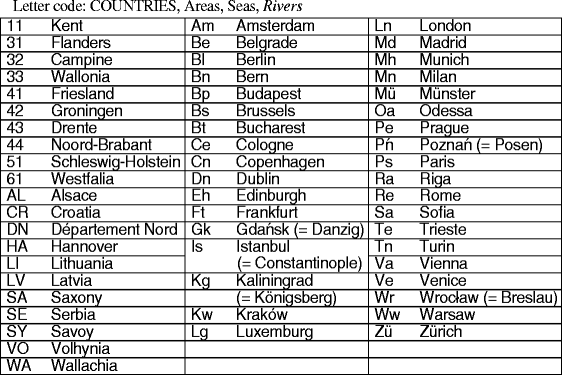
If a soft tissue strain is likely, you can try using an ice bag or wrap the limb in a cold towel to help alleviate any swelling. In cases where your dog is totally “non-weight bearing,” we are frequently a bit more concerned, but again, unless you witnessed your dog being in a significant accident (like being hit by a car), being in a severe dog fight, or falling from a considerable height, where there is apparent soft tissue damage, or a strong probability of a broken bone, you can probably wait a day, or a minimum of to the next early morning, to see your regular vet. The causes are many, ranging from injury (bone or soft tissue), hereditary growth-related conditions, or, in less common instances (and more prevalent in much older dogs), cancer. Most causes of “limping,” even those that appear all of a sudden, are NOT true emergencies or reasons to panic. This is likewise a typical problem, and seems to freak pet parents out a lot. Gastroenteritis (Vomiting and Diarrhea) in Dogs and Cats Hopping Once again, if the symptoms continue past a few days, in fact intensify, or if your dog’s basic mindset, energy, or appetite lessen, it’s time to see your vet. You can even include some psyllium powder. The bland chicken or cottage cheese is still appropriate, however for the carbs you want to feed high fiber, like cooked oatmeal, bran or bran flakes (no Raisin Bran, of course), or canned pumpkin. Dogs with the big digestive tract soft/mushy stool will usually still want to eat, but need to be fed boring food high in fiber. This is relatively simple to digest and will act to assist bind them. If dogs with the extremely watery, small intestinal tract diarrhea, are still acting alright, and will eat, we suggest feeding them an extremely dull diet, state boiled white meat chicken, or low-fat cottage cheese, combined with white rice, mashed potatoes, or pasta. Though this stool with blood may look frightening, it’s normally not something to panic about. Dogs with large intestinal diarrhea are generally still delighted and animated. These dogs are frequently more depressed or sluggish and seem “ill.” On the other hand, large digestive tract diarrhea is typically more soft or “mushy,” more like “cow patties,” and can even seem framed in mucus or even frank, or red, blood.

Small digestive diarrhea is generally identified by extremely loose or watery stool. Now, if the vomiting continues despite all this, or your dog appears to be becoming more depressed or listless, begins to dry-heave frequently, or you note his or her abdomen beginning to expand and tighten up, then it is absolutely time to call your veterinarian or a regional emergency health center.Īs far as diarrhea is worried, we usually see two types - little intestinal and big digestive tract. This will prevent the stomach from stretching. What we suggest is to keep these dogs without food for at least 12 hours, and instead of allowing them access to water, place a few ice or ice chips in his/her water bowl in order to minimize the quantity of water that can be consumed at one time. So, anything that goes into that stomach, even something as benign as water, which will stretch that stomach wall, and can quickly induce more vomiting. Often, once that stomach goes through the rigors and smooth muscular contractions associated with vomiting, not to point out the prospective inflammation to the stomach wall itself, it is primed for more vomiting.

As a matter of reality, though these dogs want to eat or drink, it is best not to let them.

If your dog starts to vomit, however is still acting completely normal, and WANTS to eat or drink, I’m normally less concerned. That being stated, let’s speak about a few of the “typical” problems: Vomiting/DiarrheaĪ very large proportion of calls are for intestinal problems. My Dog Is Throwing Up and Has Diarrhea: What Should I Do? Mind you, from experience, I ‘d venture to say that 80-85% of “emergency situations,” aren’t! So when is that “problem” actually serious? When should you stress and take your animal to your vet immediately? As a general practitioner who fields call from anxious clients on a really routine basis, I thought it would be a smart idea to show you some guidelines to assist reduce your minds (or not), and help you respond to these concerns.


 0 kommentar(er)
0 kommentar(er)
